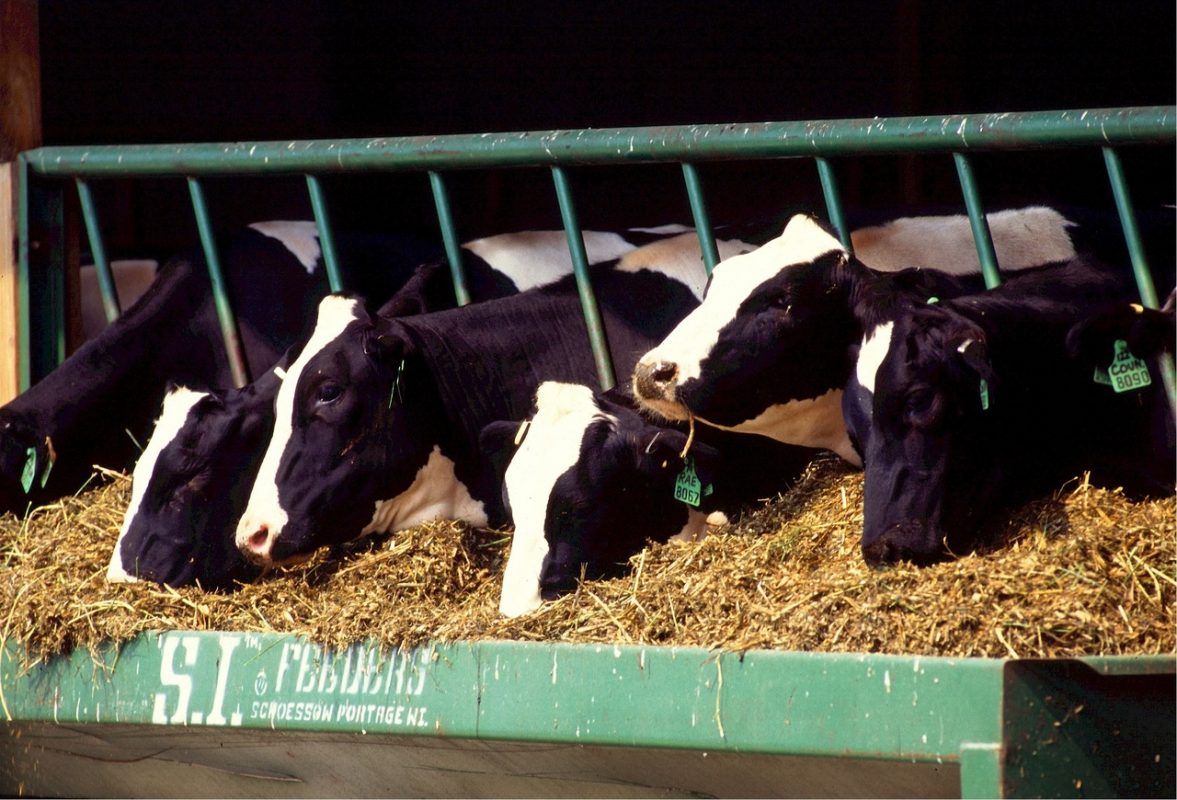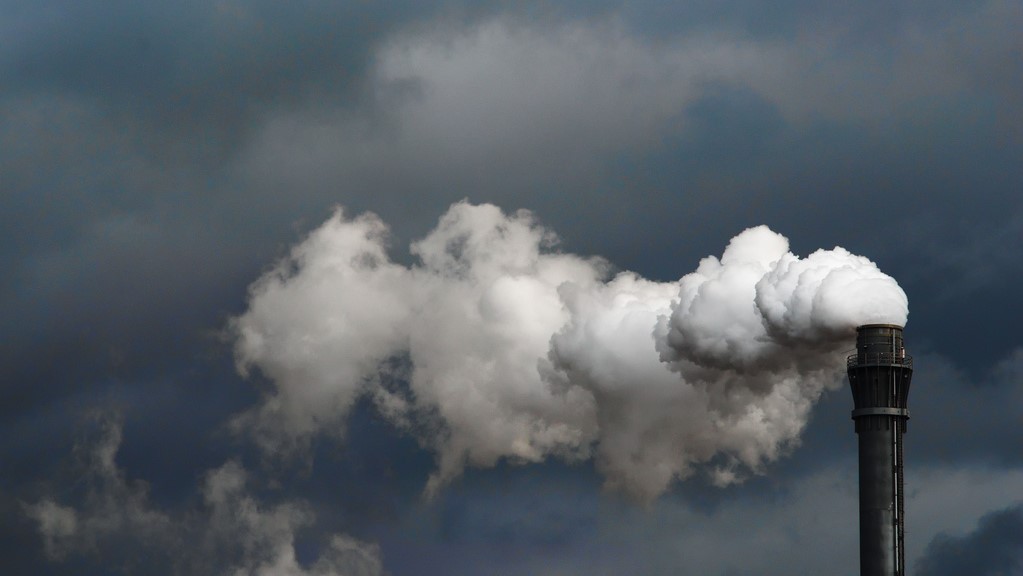Climate Action Fund open to applicants for sustainable energy projects

July 12th, 2018
The Minister for the Environment has launched a call for applications for projects to tackle climate change and reduce emission levels in Ireland under the new Climate Action Fund.
The Fund, with an allocation of €500 million up to 2027, is seeking initiatives from private and public sectors to help Ireland reach its future climate and energy targets.
The call for applications will provide grant funding to larger scale projects – seeking total support in excess of €1m – that are scheduled to commence development in 2019 or 2020
The funds are provided on the competitive basis and applications are open to state agencies, local government, businesses, education institutions, chambers of commerce and other stakeholders.
Denis Naughten urged applicants to be creative as “opportunities are endless” from electrifying bus fleet or expanding electric vehicles charging infrastructure, to finding the way to use farm and food waste as a source of renewable energy.
Mr Naughten said the aim of the Fund is to support projects that will achieve a sustainable and low-carbon society. “Effective change is putting the levers for climate action into people’s hands,” he added.
Mr Naughten added that the funding will be “one of the most innovative measures” in Project Ireland 2040. With the budget of €116 billion, the project aims to support and improve the future of Ireland’s nation and the environment in the period of 22 years.
Project 2040 challenged
The High Court, however, recently granted leave to a Cork-based environmental group to challenge the Irish Government’s adoption of Project Ireland 2040 on grounds of climate change concerns.
Friends of the Irish Environment (FIE) argue that the environmental assessment in the plan is “inadequate” and might threaten “the future prosperity of [the] next generation”. Mr Justice Seamus Noonan has given the Irish Government until 17 July to respond to FIE’s claims.
FiE believe that the costly plan has failed to take into account the “obligations for assessment of the impacts under the Strategic Environmental Assessment and the Habitat Directive”.
The EU Commission’s protocol on Strategic Environmental Assessment obliges EU states to integrate environmental assessments into their developmental plans and programmes at its earliest stage to promote “sustainable development”.
“The plan provides for carbon emission from energy generations and transport over the next twenty years,” according to Fred Logue of FP Logue Solicitors.
Mr Logue, whose law firm represented FIE before the High Court, said that environmental bodies including his client had warned the Government to draw a sustainable plan but they “chose not to”.
Ireland has failed to show significant progress in decarbonizing the main parts of the economy, such as agriculture, transport and the residential sector.
The EPA has urged the State to step away from fossil fuels as the continuing use of such fossil fuels as coal and peat is the main contributor to high levels of emission from power generation.
Emissions in agriculture are predicted to increase due to the expansion of livestock numbers, especially on dairy farms. The transport sector is another main source of emission with the growth in fuel consumption in diesel cars and freight up to 2025.
[x_author title=”About the Author”]







